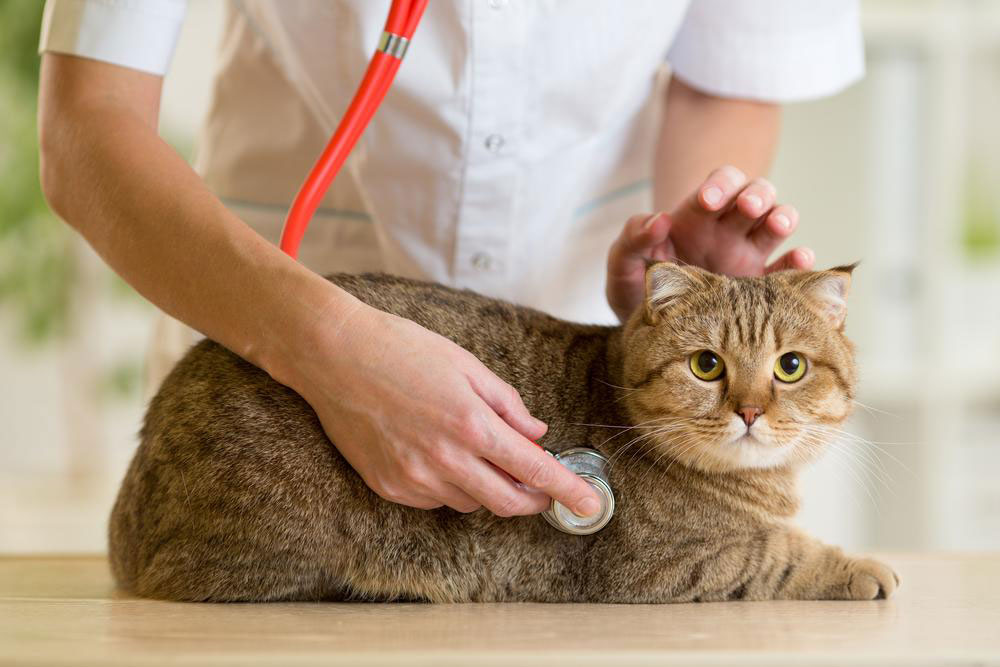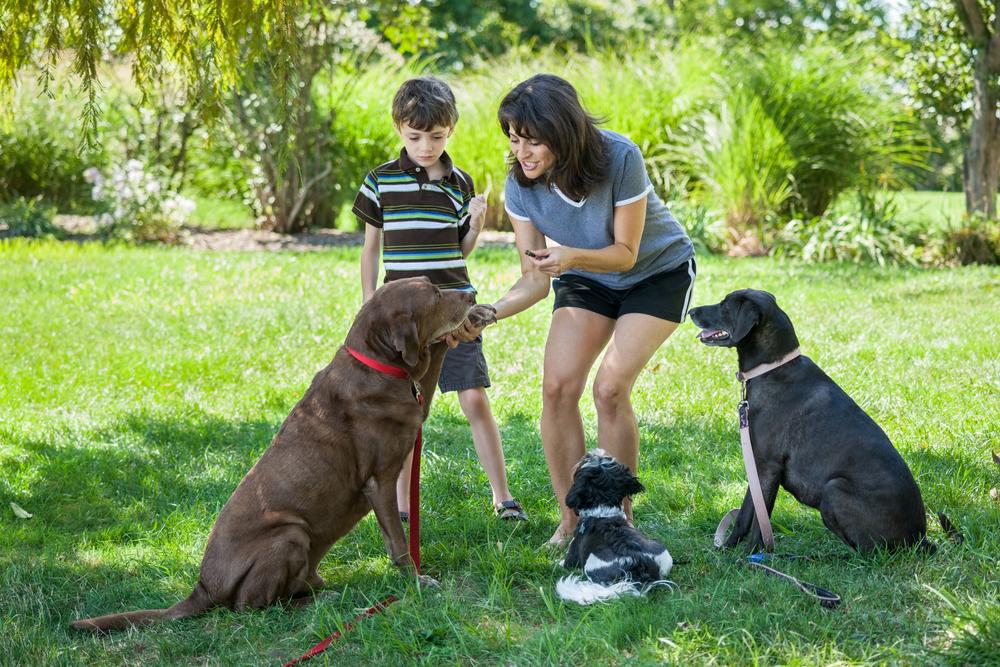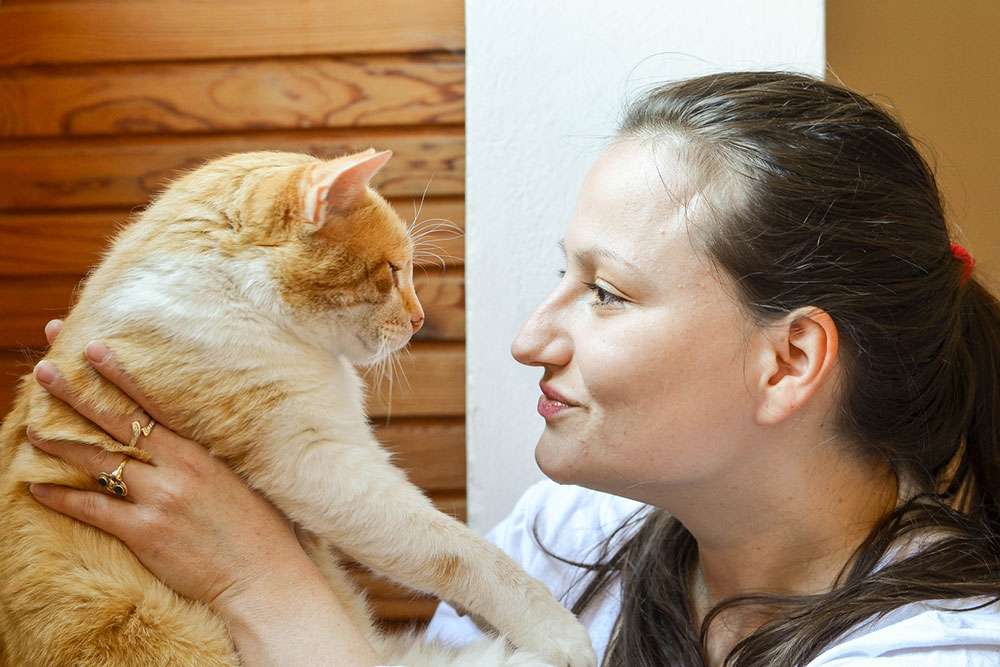Essential Factors to Consider Before Welcoming a Puppy into Your Home
Considering bringing home a puppy? This comprehensive guide covers essential factors such as lifestyle compatibility, home environment, breed selection, financial planning, training, and veterinary care. Proper preparation ensures a joyful and responsible pet ownership experience, fostering a lifelong bond with your new furry companion. Read on to understand the key considerations before welcoming a puppy into your life, helping you provide the best care and environment for your new pet.

Essential Factors to Consider Before Welcoming a Puppy into Your Home
Bringing a new puppy into your life can be an incredibly rewarding experience, filled with joy, companionship, and unconditional love. Puppies are known for their playful nature, adorable appearances, and the positive impact they can have on your mental and emotional well-being. However, it’s important to recognize that responsible pet ownership requires careful planning, preparation, and commitment. Before making the decision to adopt or purchase a puppy, prospective pet owners should thoroughly evaluate several key aspects to ensure they can provide a loving, stable, and healthy environment for their new furry family member.
Assessing Your Lifestyle and Time Commitment
One of the most critical considerations is your daily routine and availability. Puppies demand a considerable amount of time and attention, including feeding, training, socialization, and play. Are you able to dedicate several hours each day to your pet’s needs? If you have a demanding work schedule or frequent travel commitments, it might be necessary to arrange for additional support, such as dog walkers or pet daycare services. Remember, a puppy left alone for extended periods can develop behavioral problems or feelings of separation anxiety.
Understanding Your Home Environment
Your living environment plays a significant role in determining if it’s suitable for a puppy. Spacious homes with secure yards can provide ample space for outdoor activities and exploration. Conversely, apartment living may require additional planning to ensure your puppy gets enough exercise and mental stimulation. Check if your home is puppy-proofed—remove hazardous items, secure trash cans, and store chemicals out of reach. A stable, quiet home can help reduce stress and promote positive development for the puppy.
Choosing the Right Breed
Different dog breeds have varying needs, temperaments, and energy levels. Consulting with a veterinarian or breed expert can help identify breeds that align with your lifestyle. For example, active individuals may prefer high-energy breeds like Border Collies or Labrador Retrievers, while those seeking a calmer companion might choose Bulldogs or Shih Tzus. Familiarizing yourself with specific breed traits can prevent mismatches and ensure a harmonious cohabitation.
Financial Planning for Long-term Care
Owning a puppy is a long-term financial commitment. Expenses include food, grooming supplies, toys, routine veterinary visits, vaccinations, and unexpected medical emergencies. Establishing a budget early on can prevent financial stress in the future. Pet insurance is also worth considering to offset high veterinary costs. Planning financially ensures that you can provide consistent care for your dog throughout their lifetime, which can span 10-15 years or more, depending on the breed.
Training and Socialization
The success of your puppy’s integration into your family largely depends on proper training and socialization from an early age. Enrolling in puppy training classes, establishing routines, and teaching basic commands like sit, stay, and come build a foundation of good behavior. Socialization with other dogs, pets, and people is equally essential to develop a well-adjusted, confident adult dog. Patience, positive reinforcement techniques, and consistency are key components of effective training.
Health and Veterinary Care
Regular veterinary check-ups are crucial for monitoring your puppy’s health and preventing illnesses. Vaccinations, parasite control, dental care, and spaying/neutering are standard components of responsible pet ownership. Establishing a good relationship with a veterinarian ensures early detection of health issues and access to expert advice. Keeping your puppy healthy from the start sets the stage for a long, happy life together.
Conclusion
Adopting a puppy is a life-changing decision that requires deliberate thought and preparation. By assessing your lifestyle, home environment, financial capacity, and commitment to training and health care, you can set the stage for a successful and fulfilling companionship. When all these factors are aligned, you'll be ready to welcome a new puppy into your home, fostering a loving and lifelong bond that enriches both your life and your pet’s.





